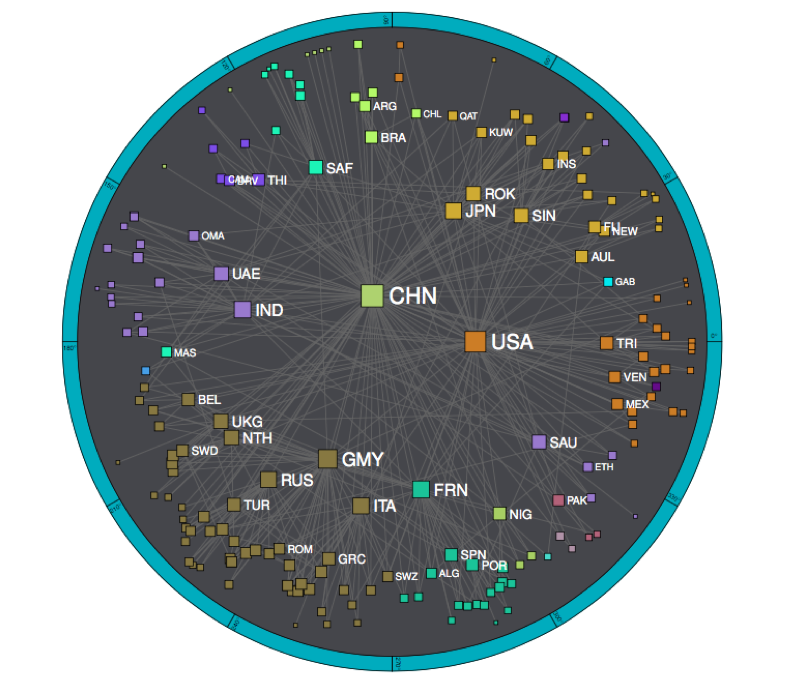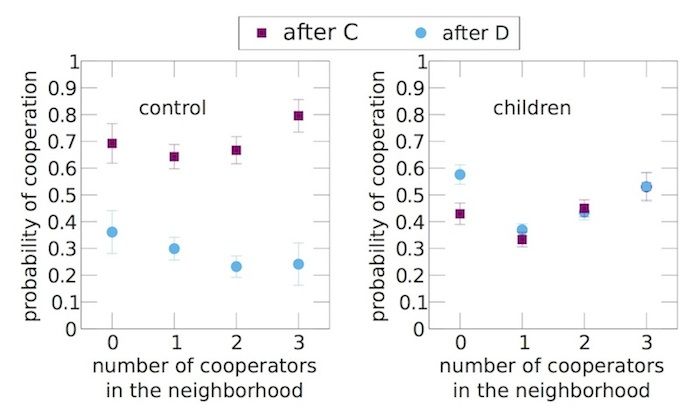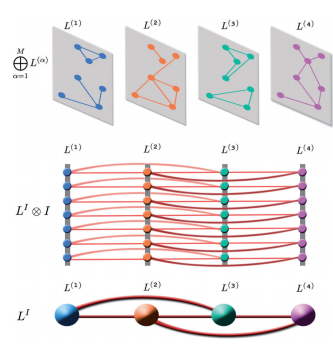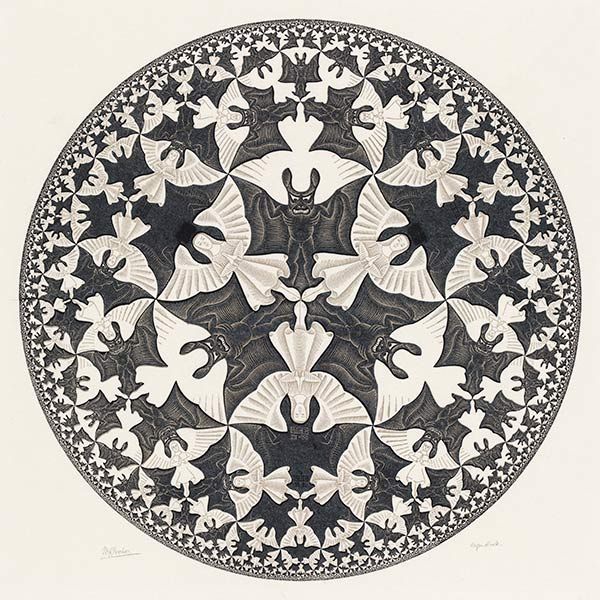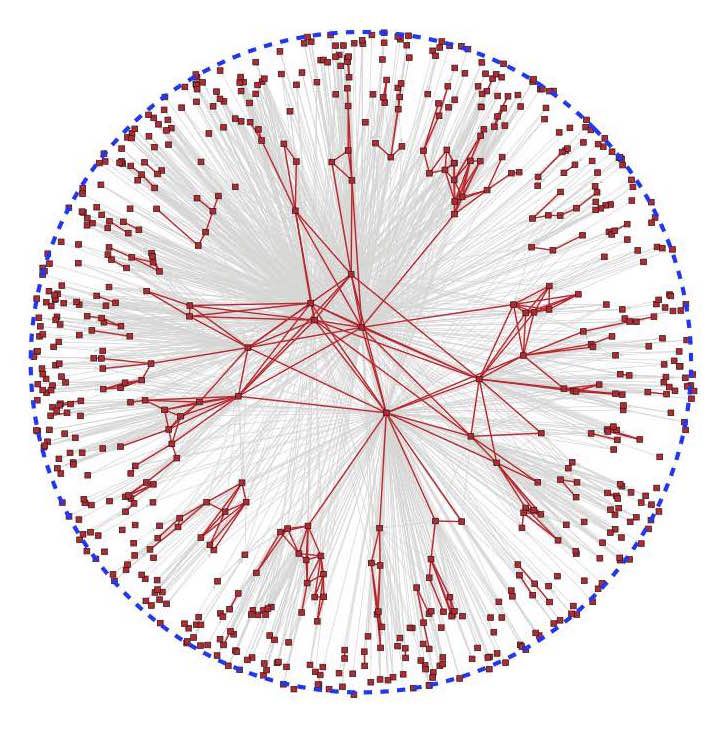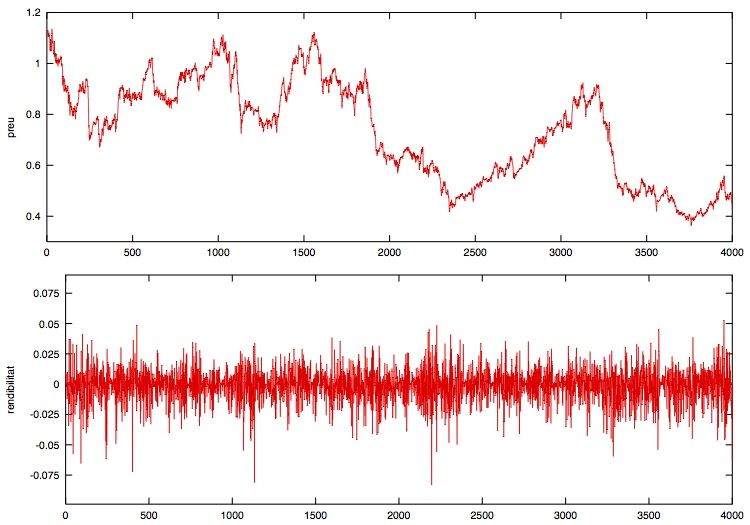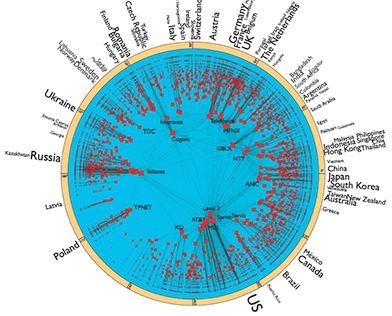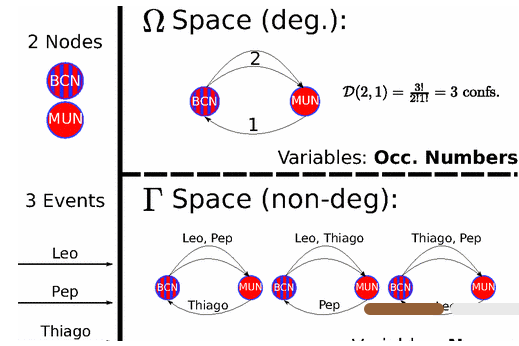Biological Networks
M. Ángeles Serrano
We study networks of molecular interactions in the cell. In the log term, we aim at producing a whole-cell functional network integrating signalling, genome, epigenome, proteome, and metabolism to mimic observed phenotypes and to predict cellular responses. We are also interested in brain networks, more specifically in understanding how spatial (...)


